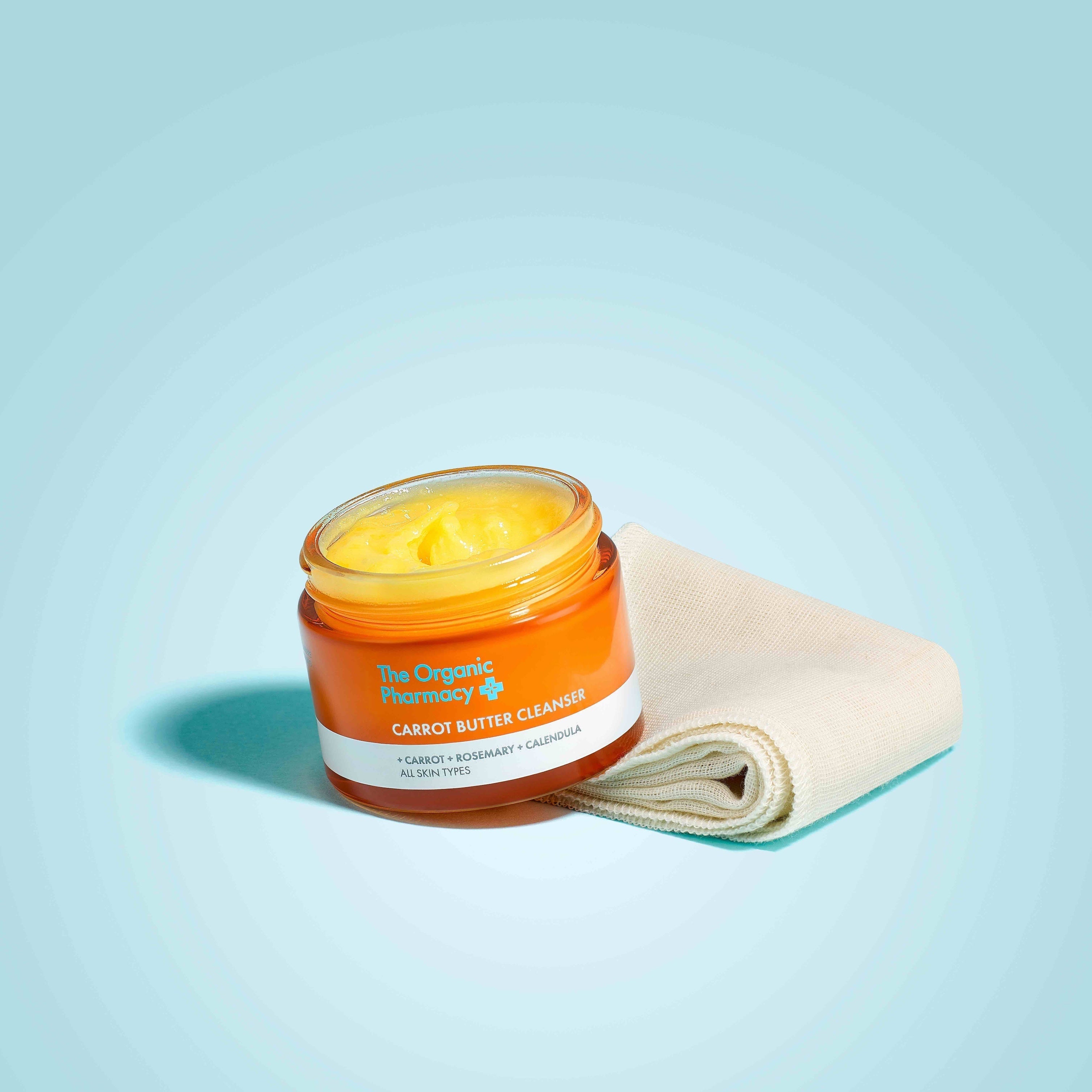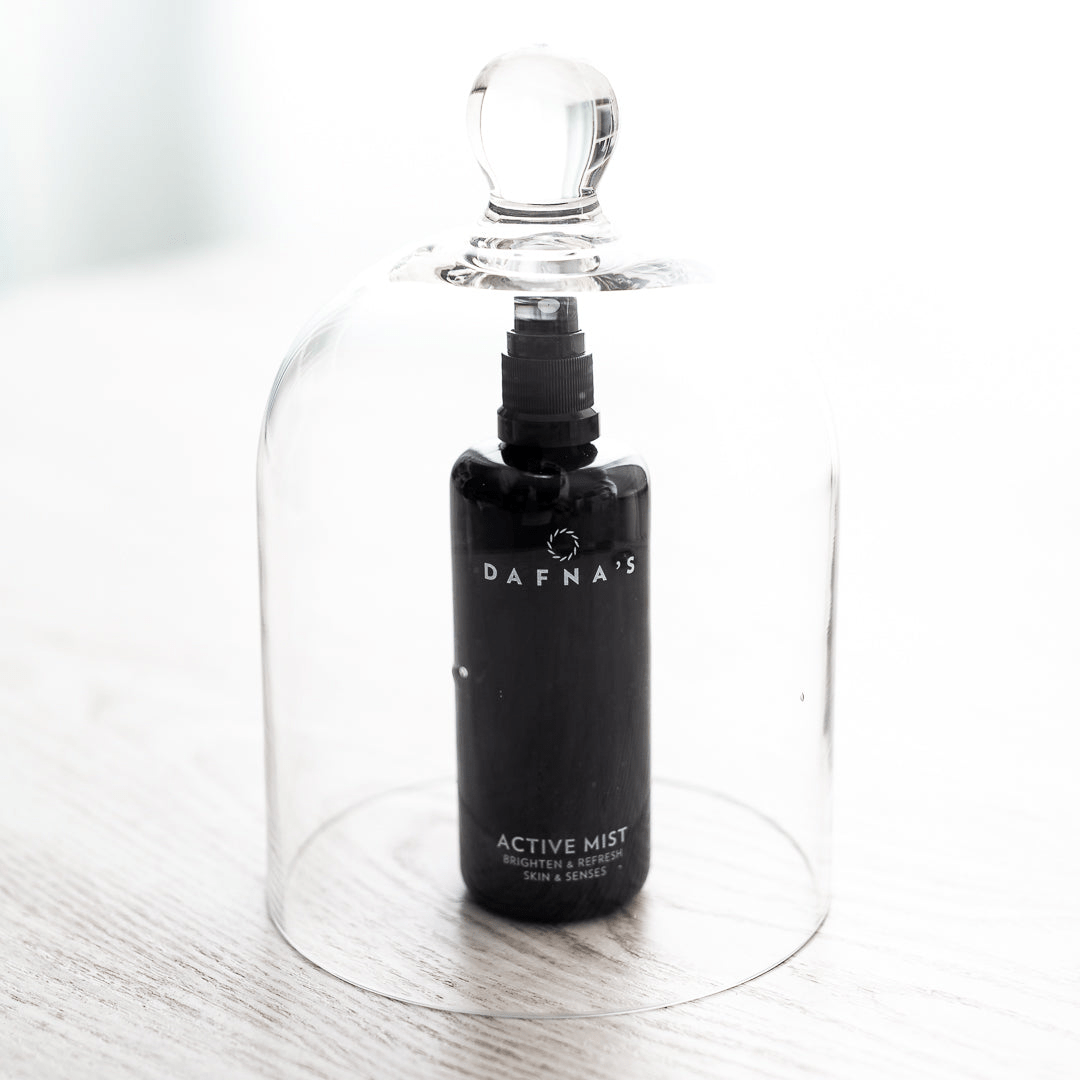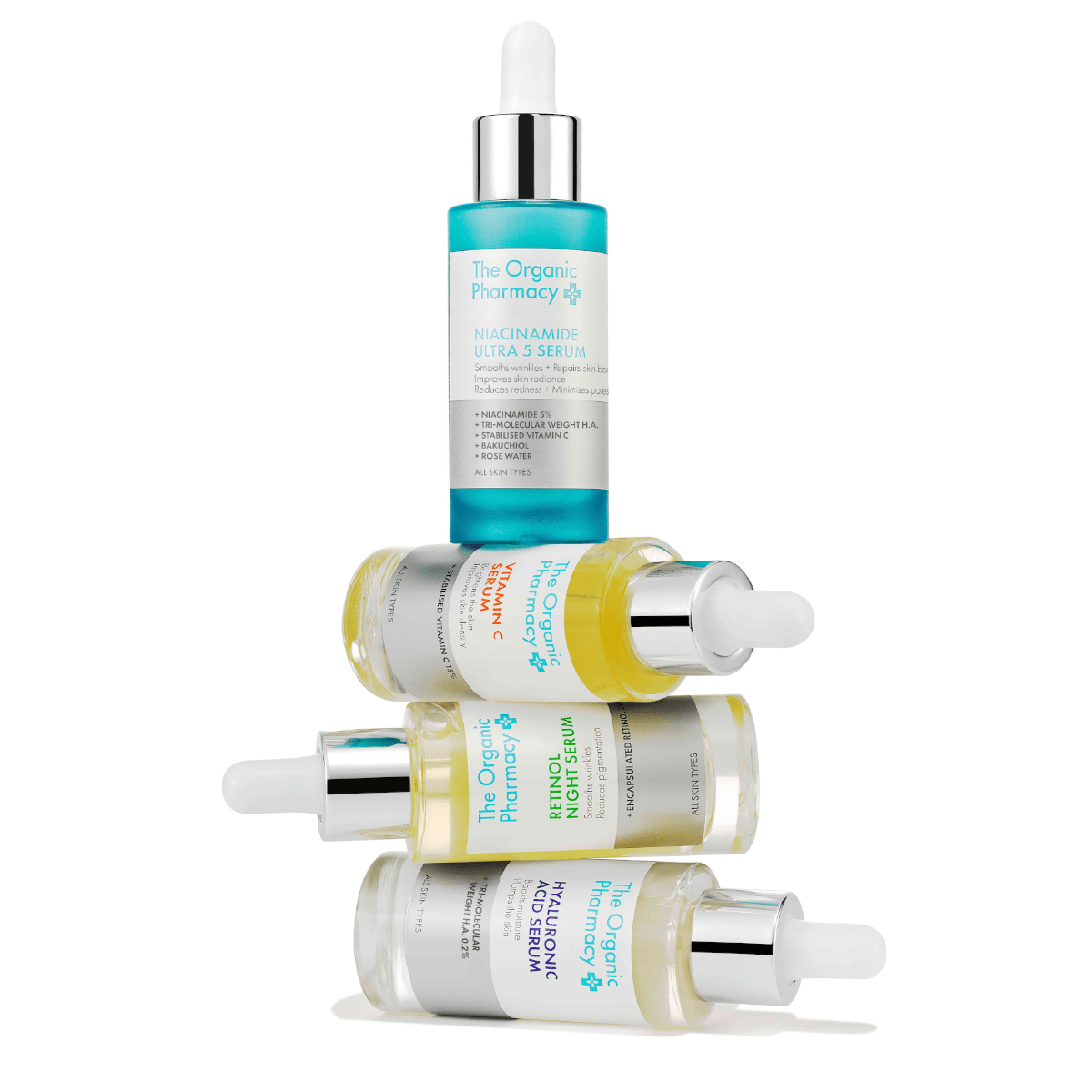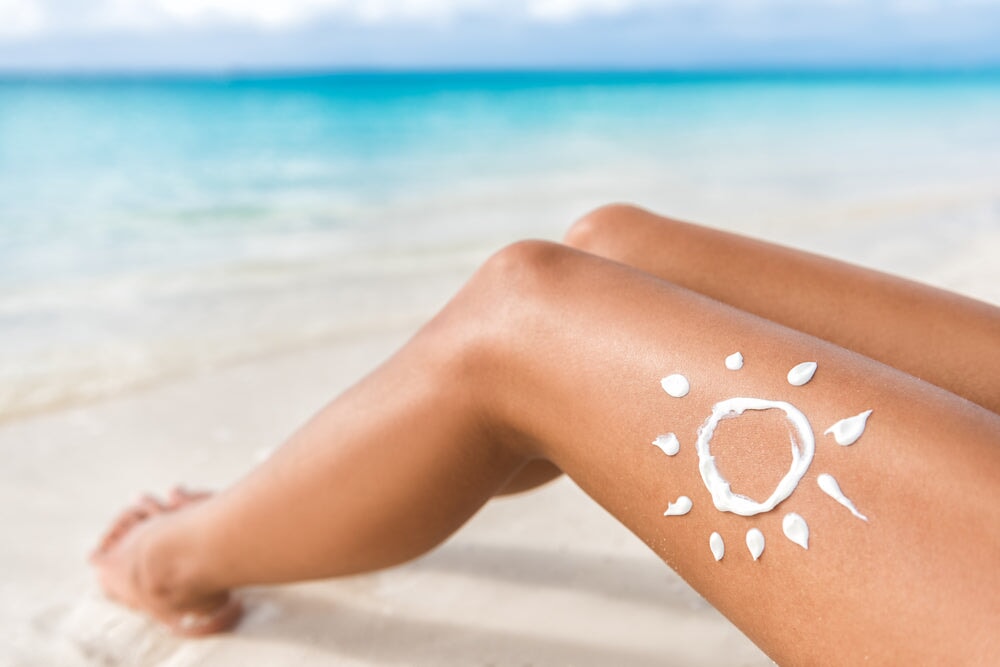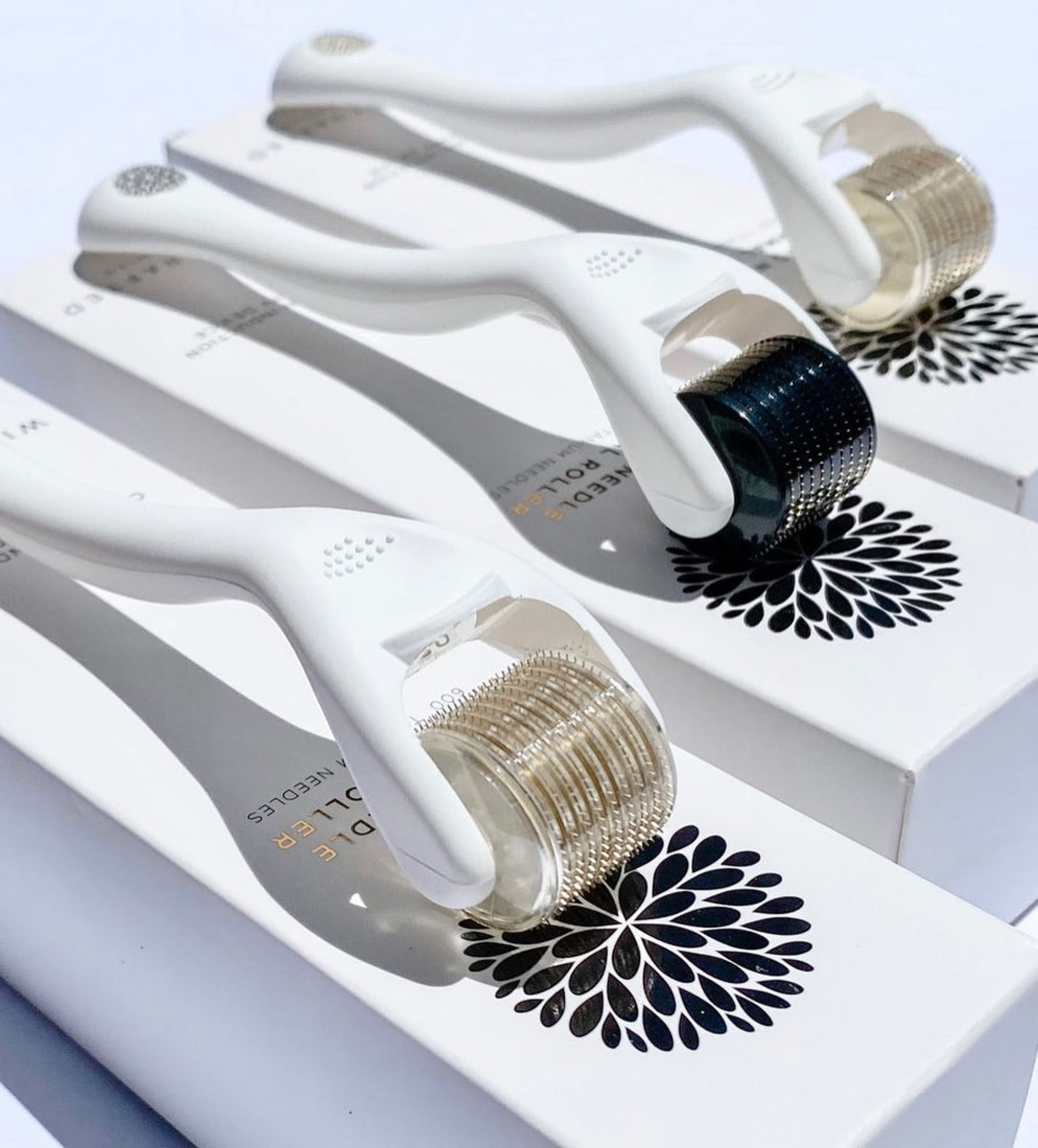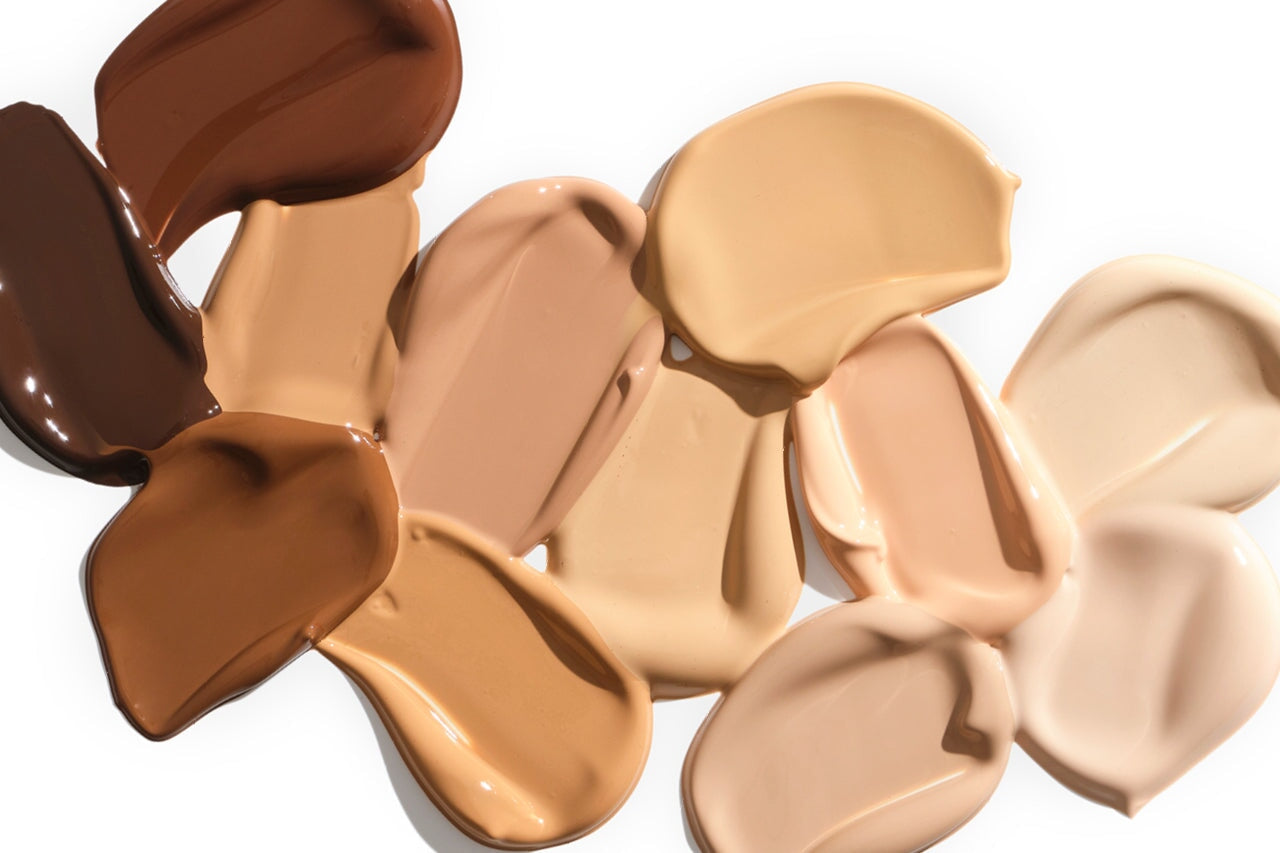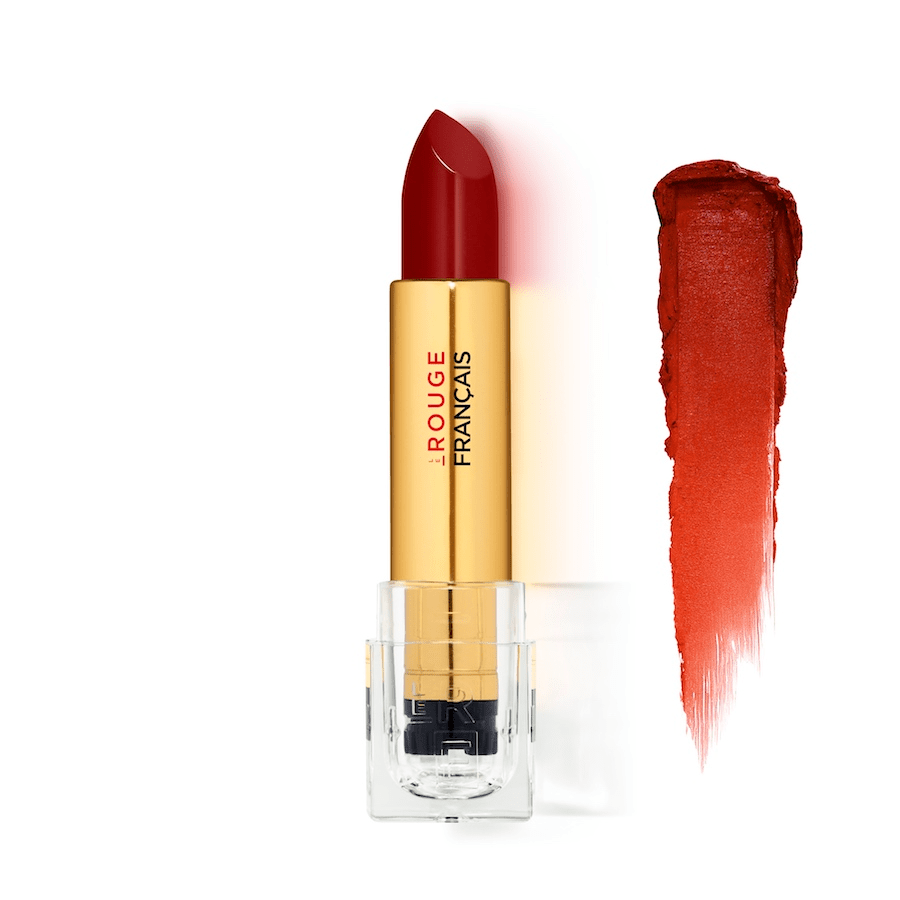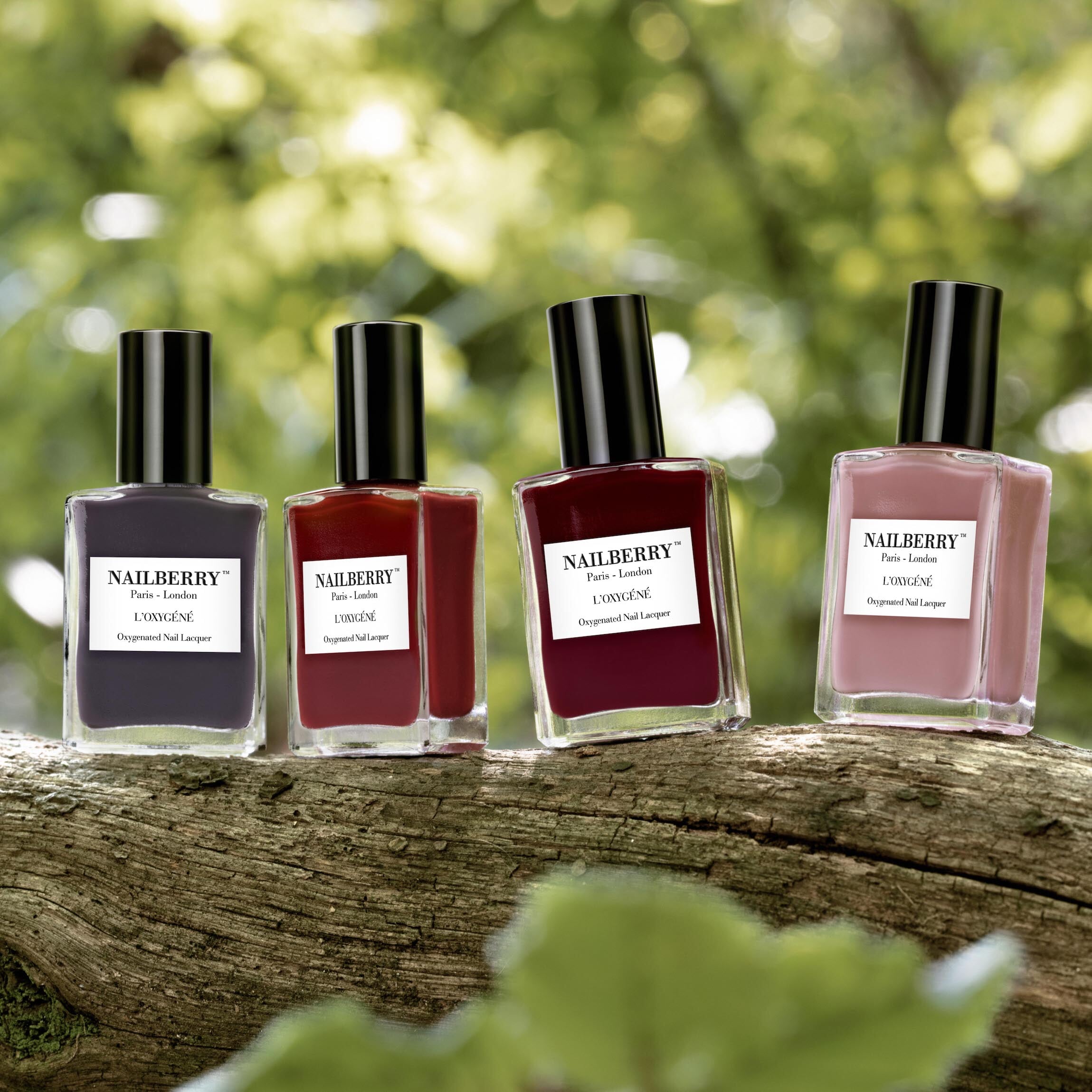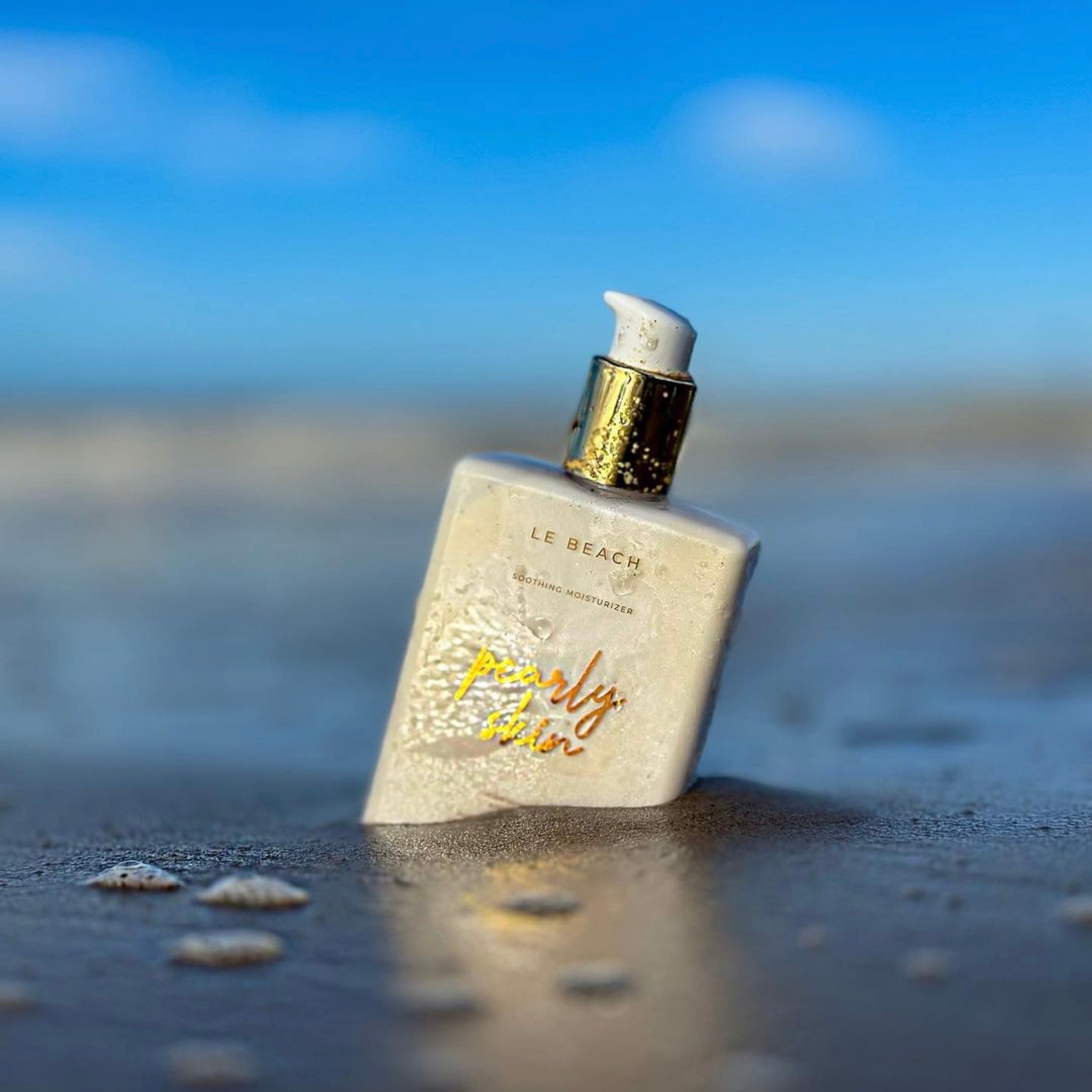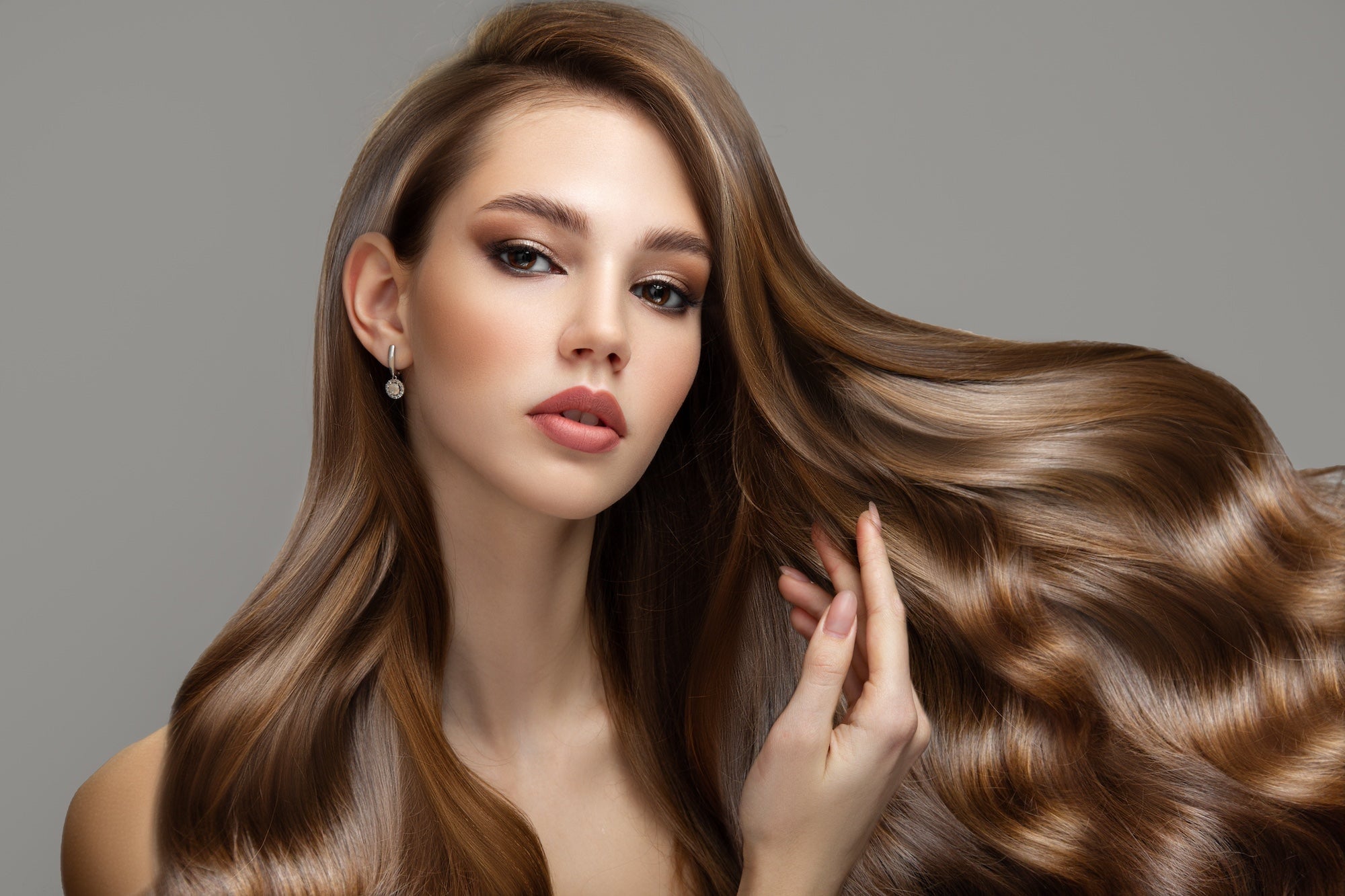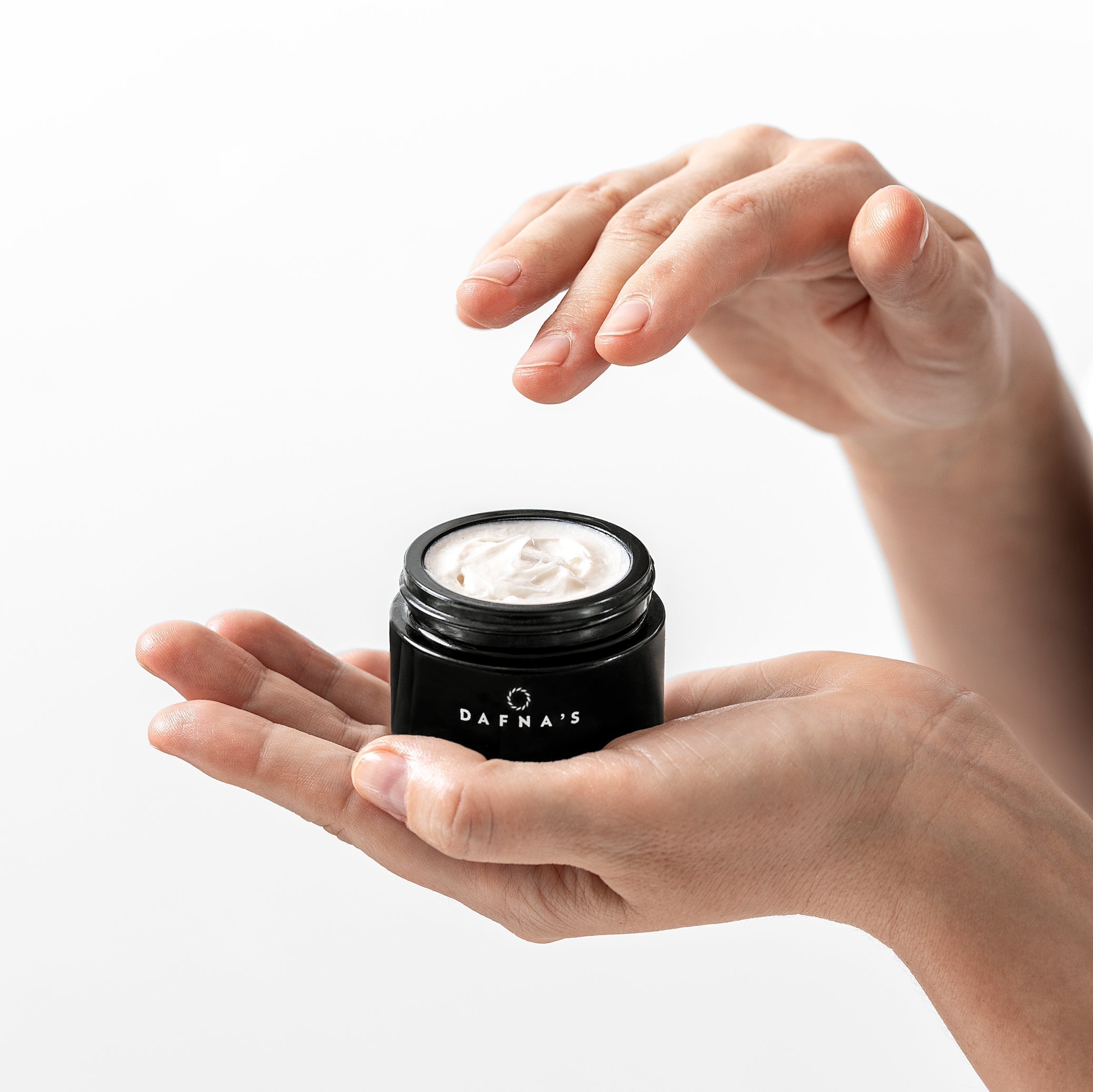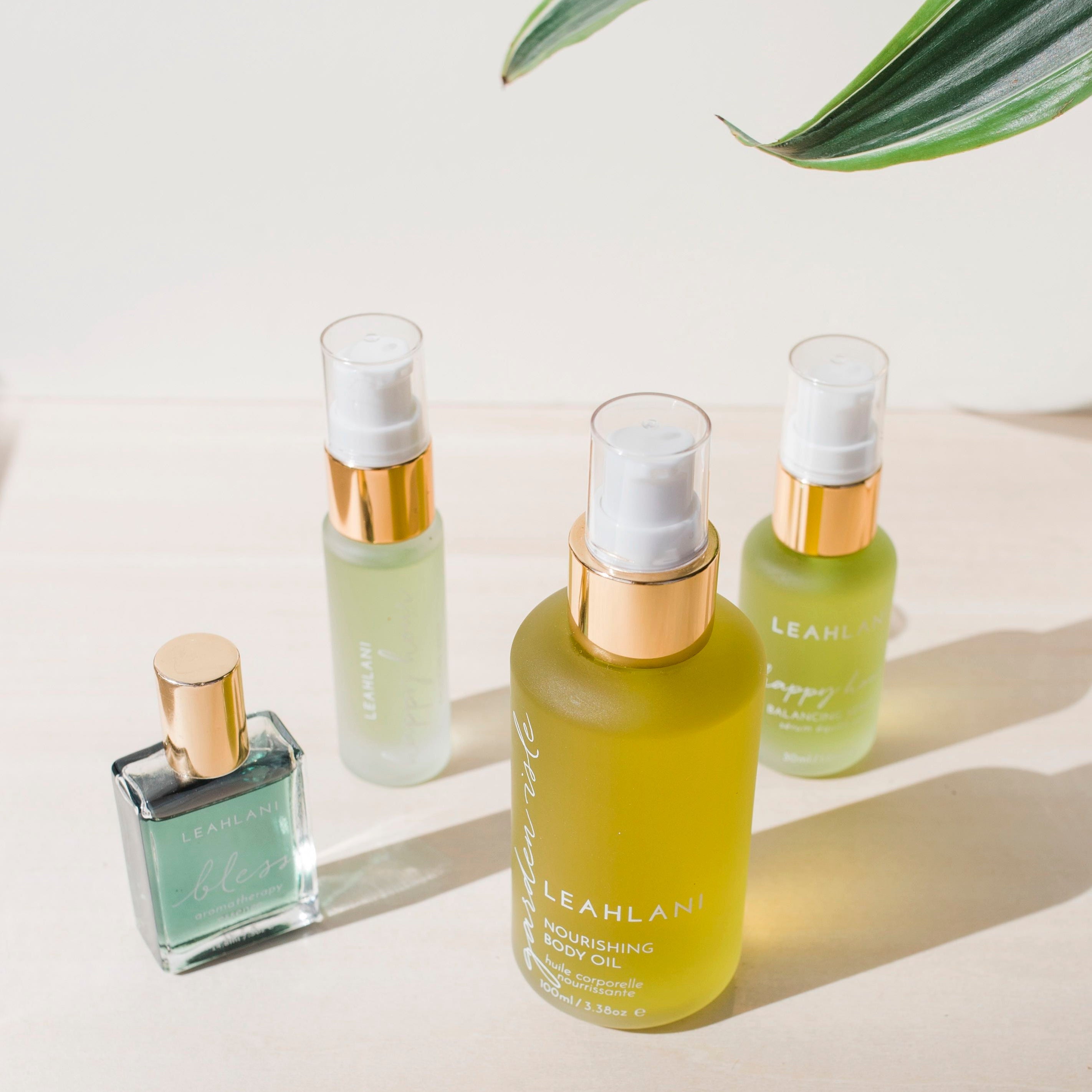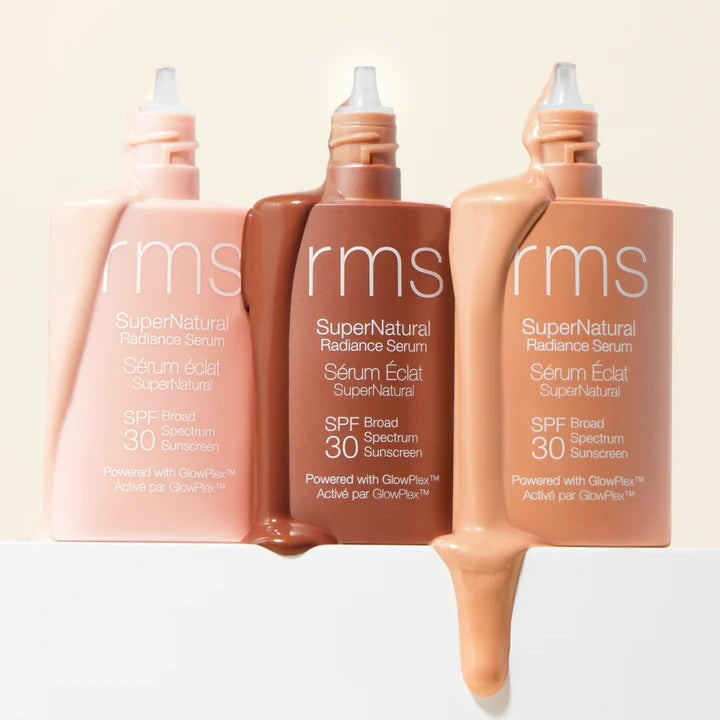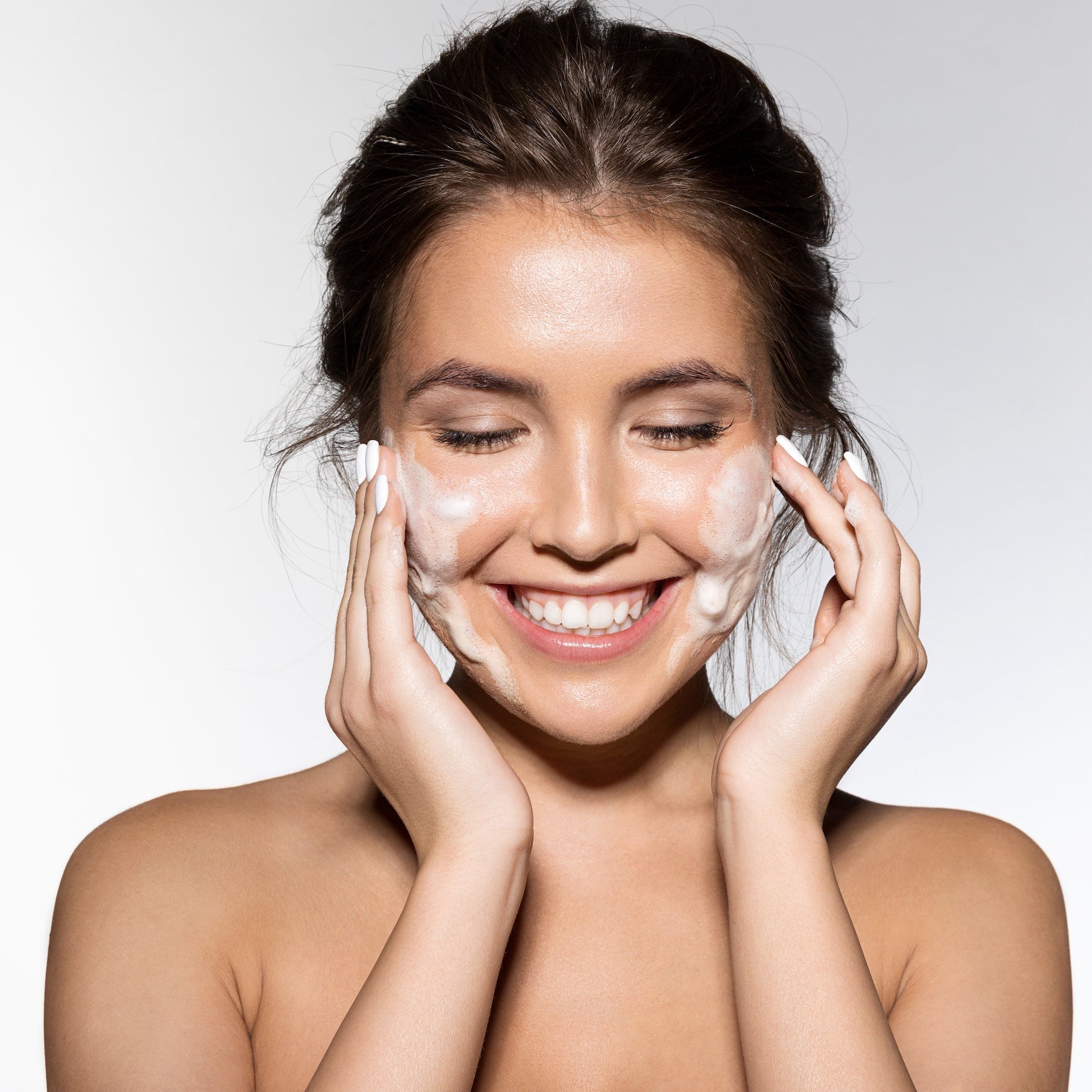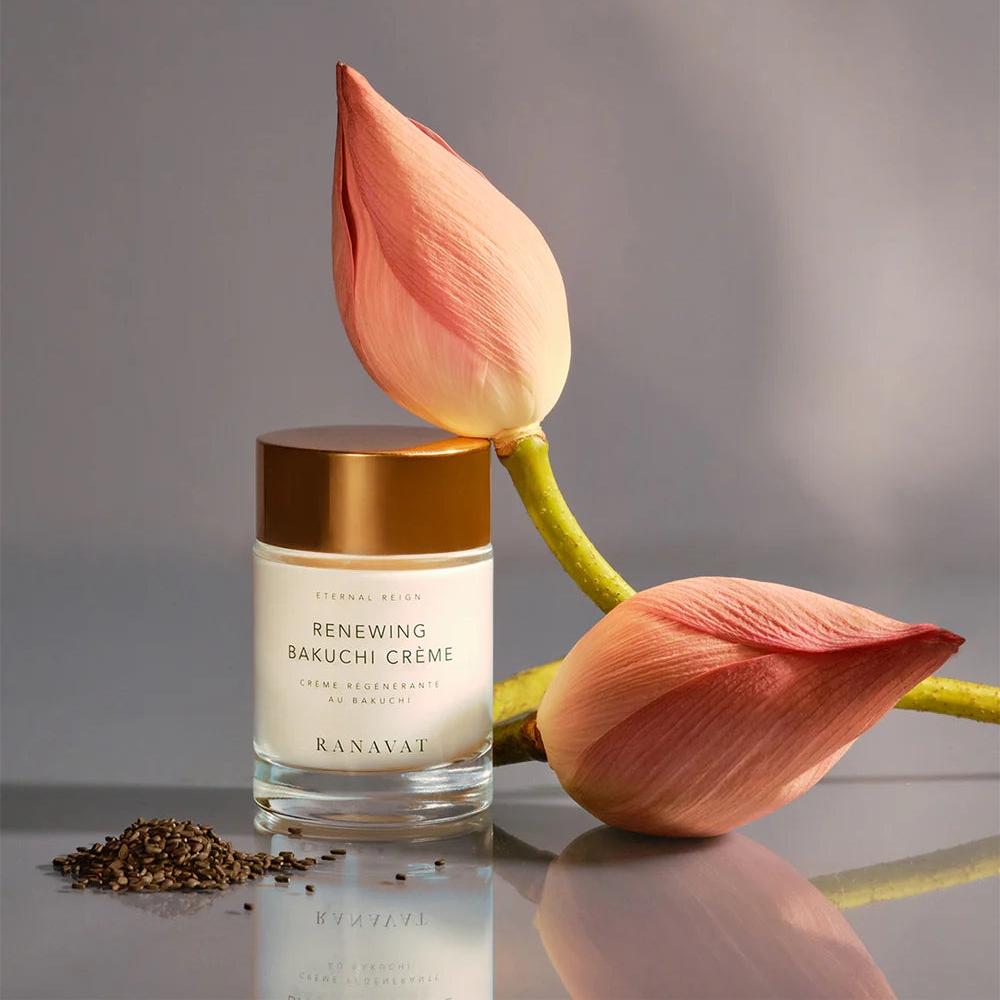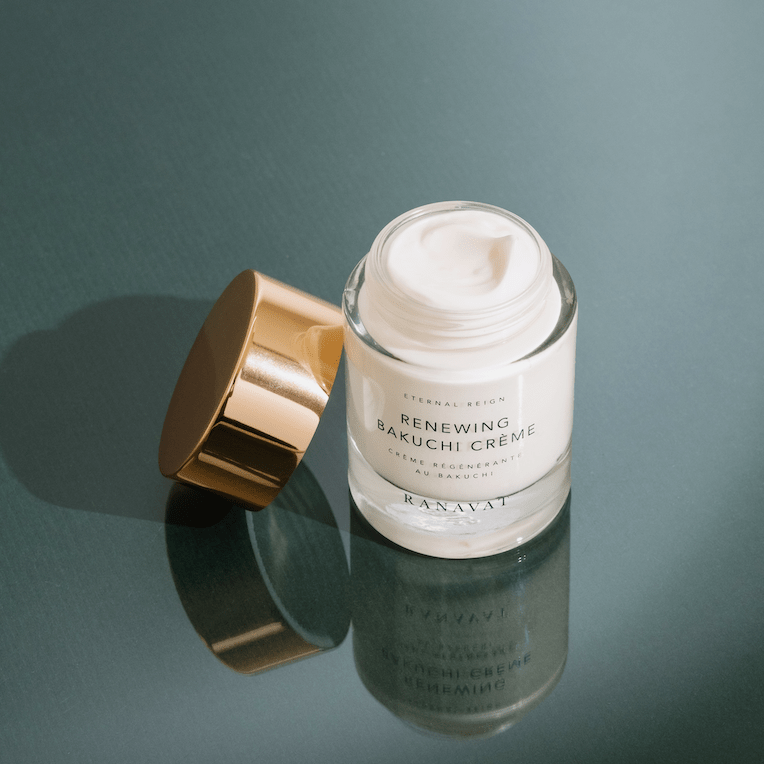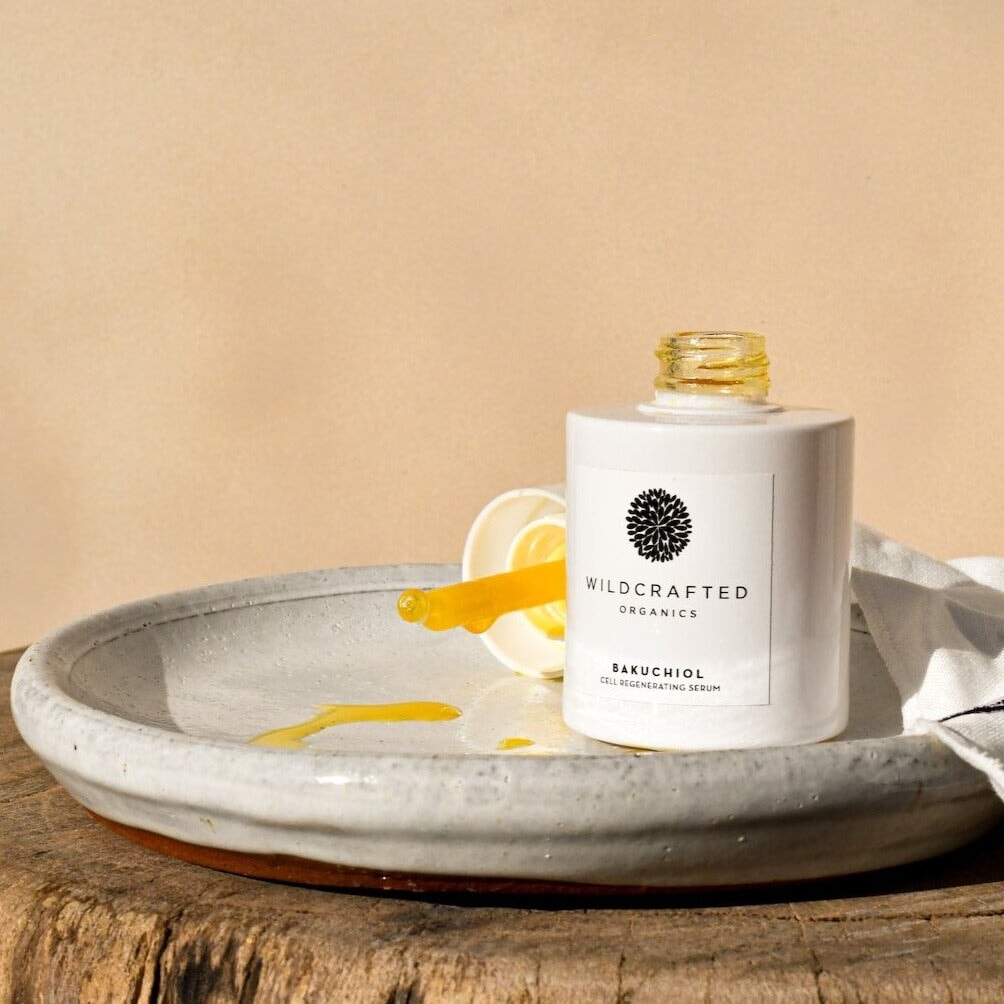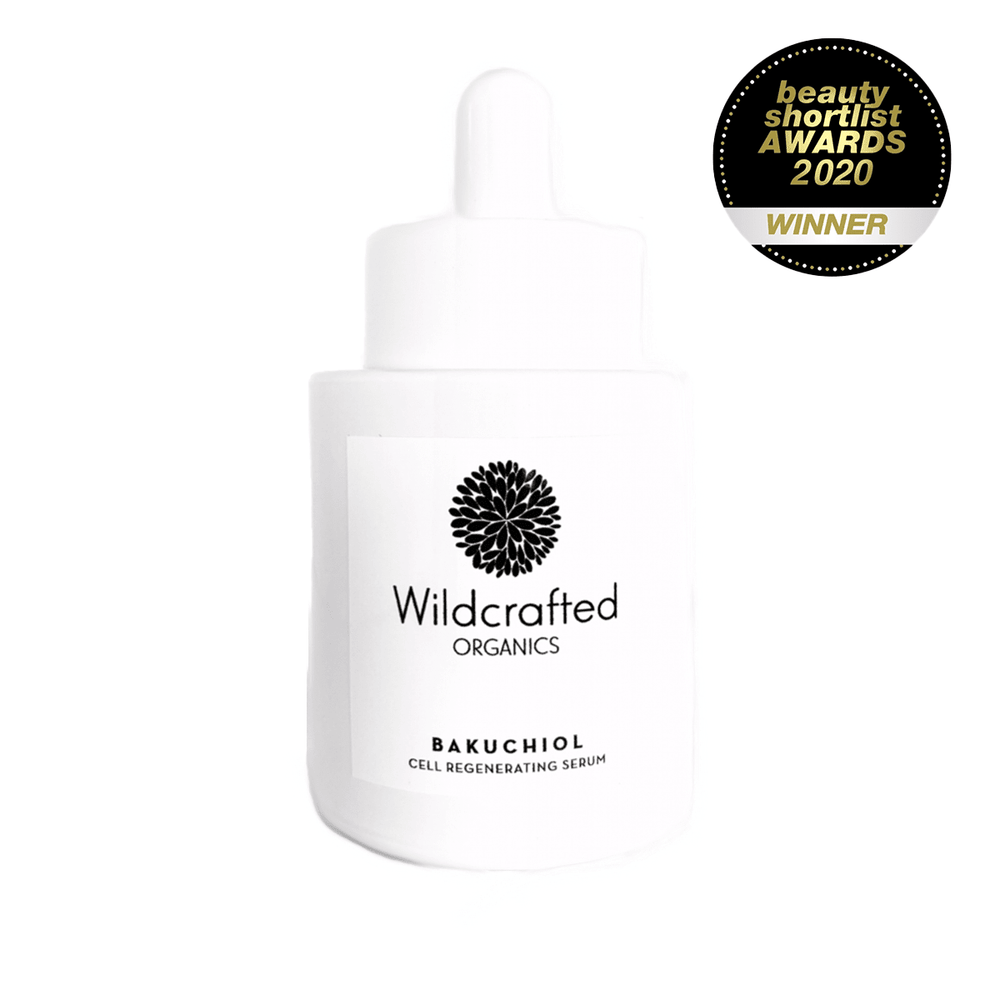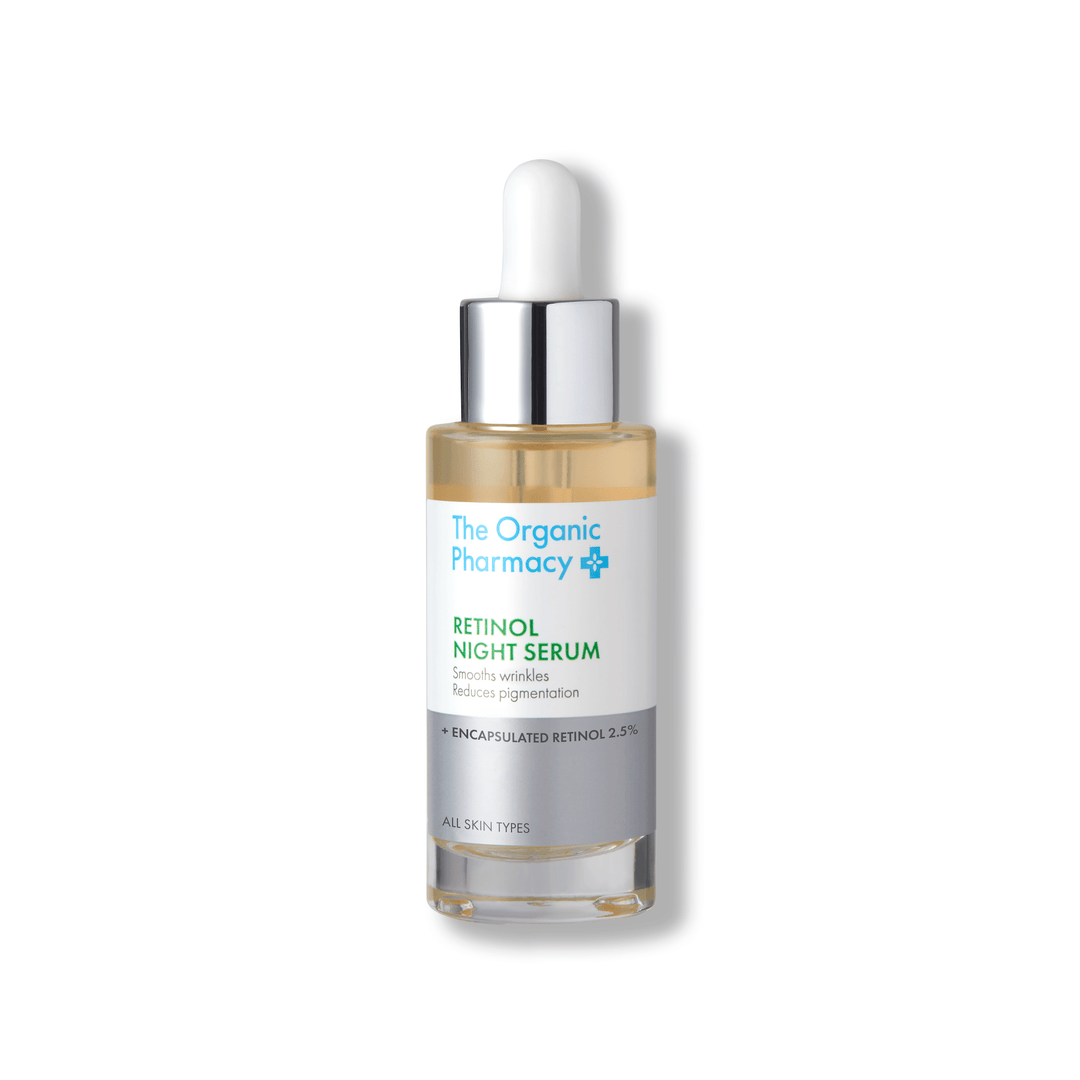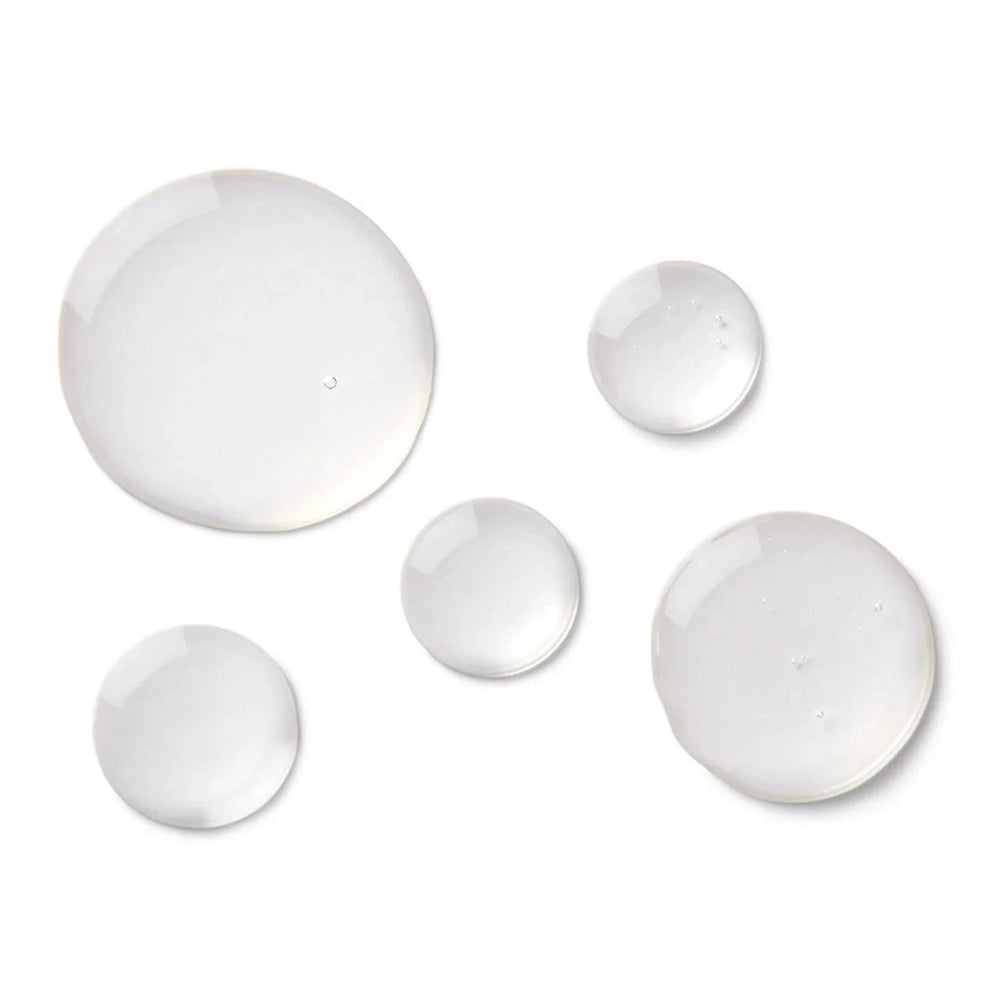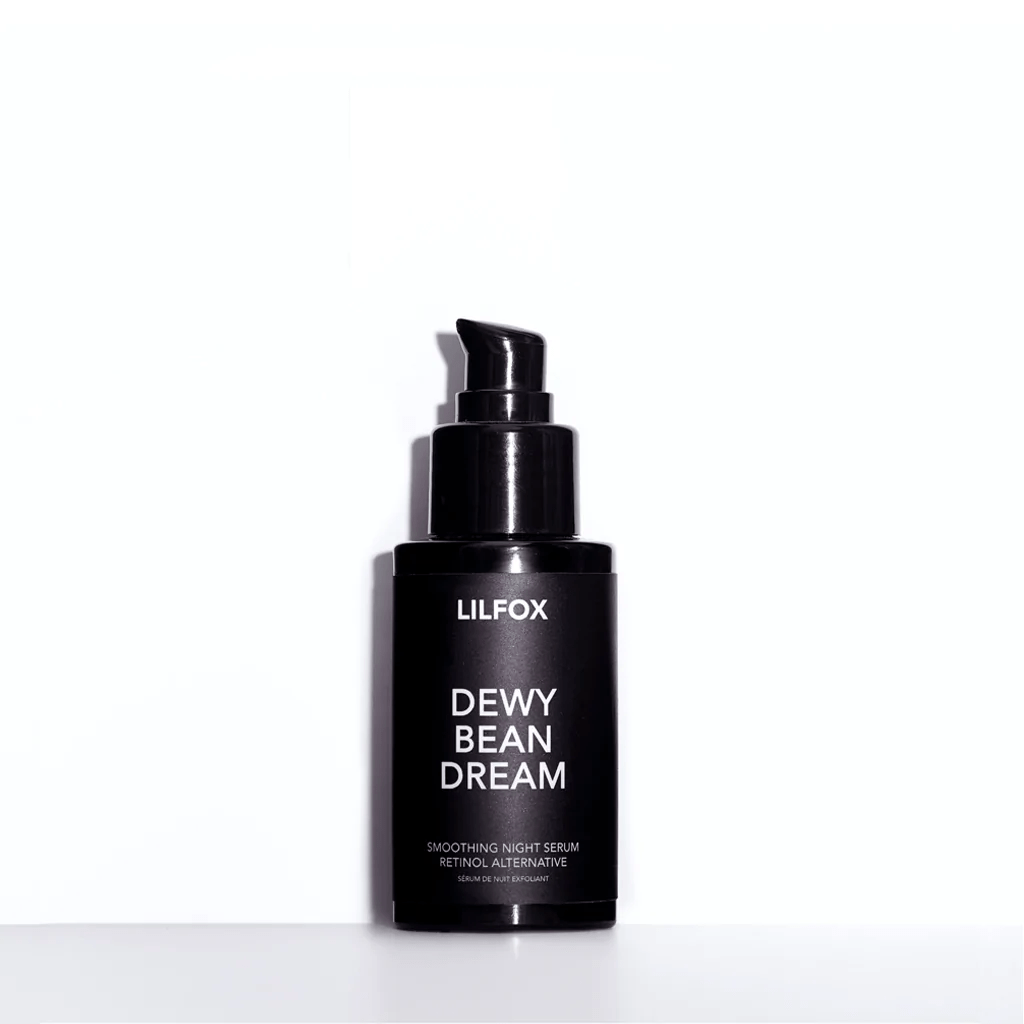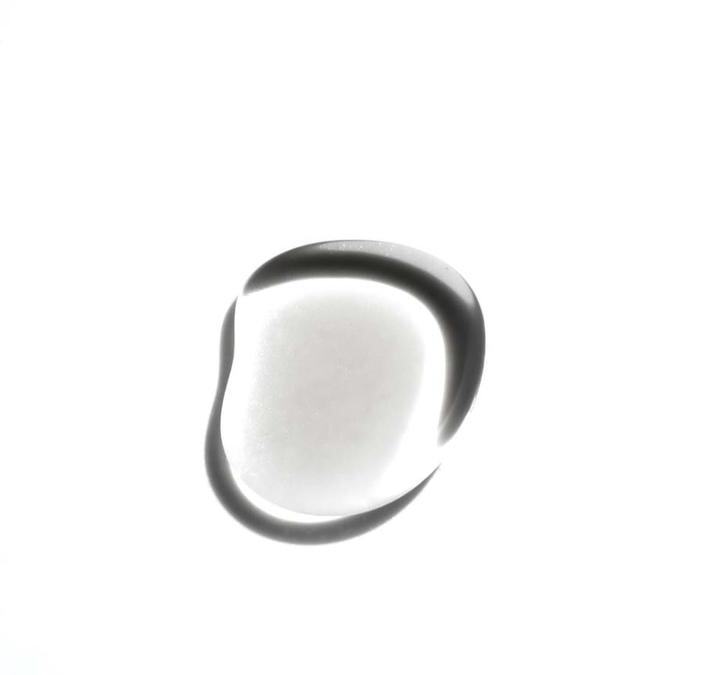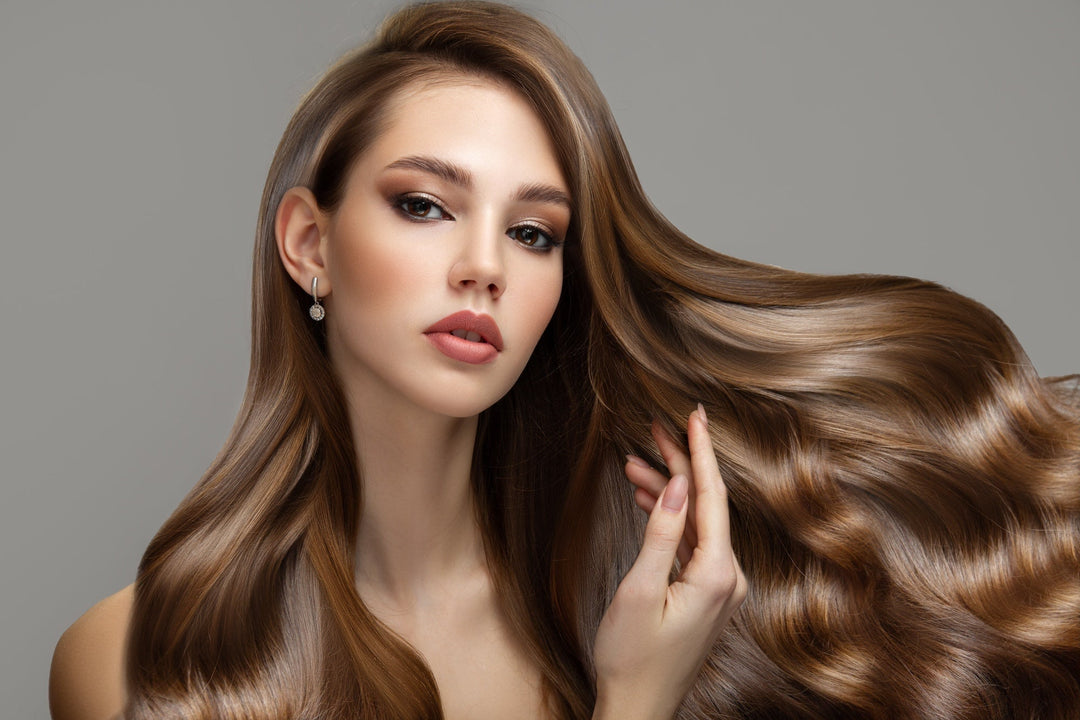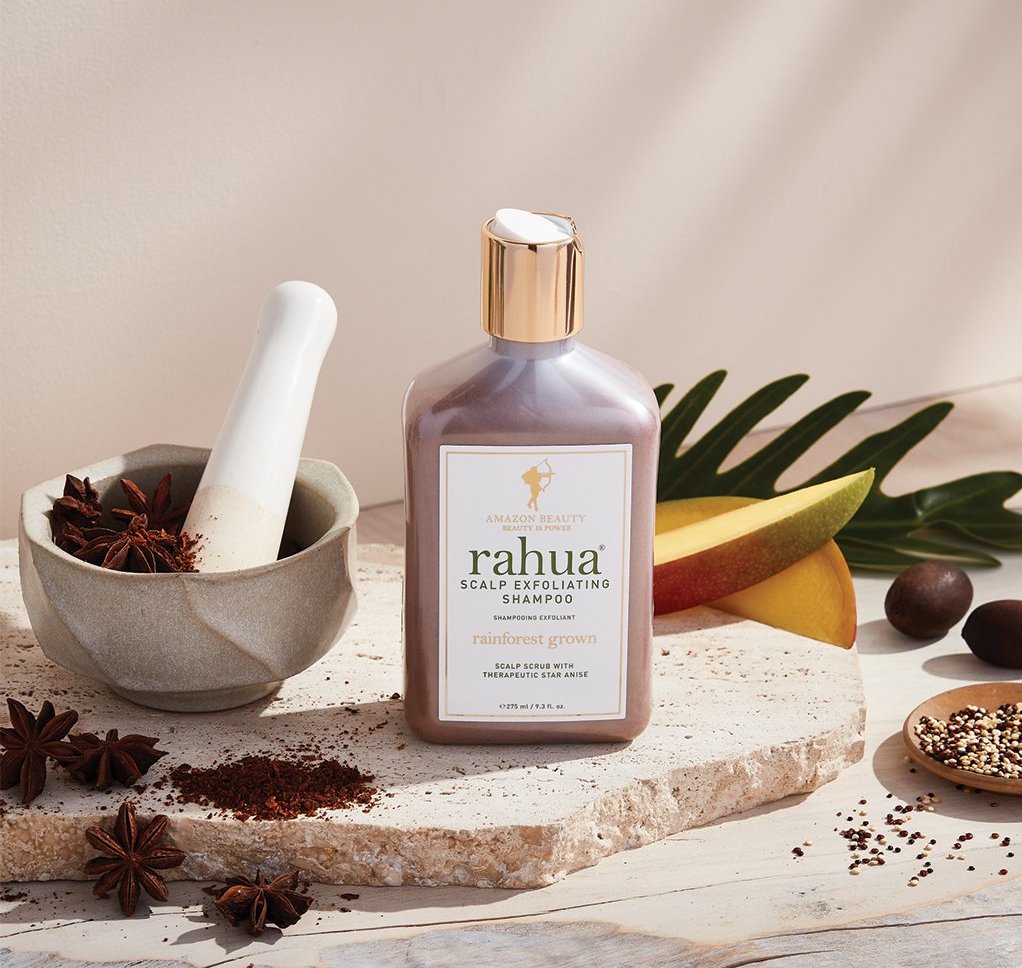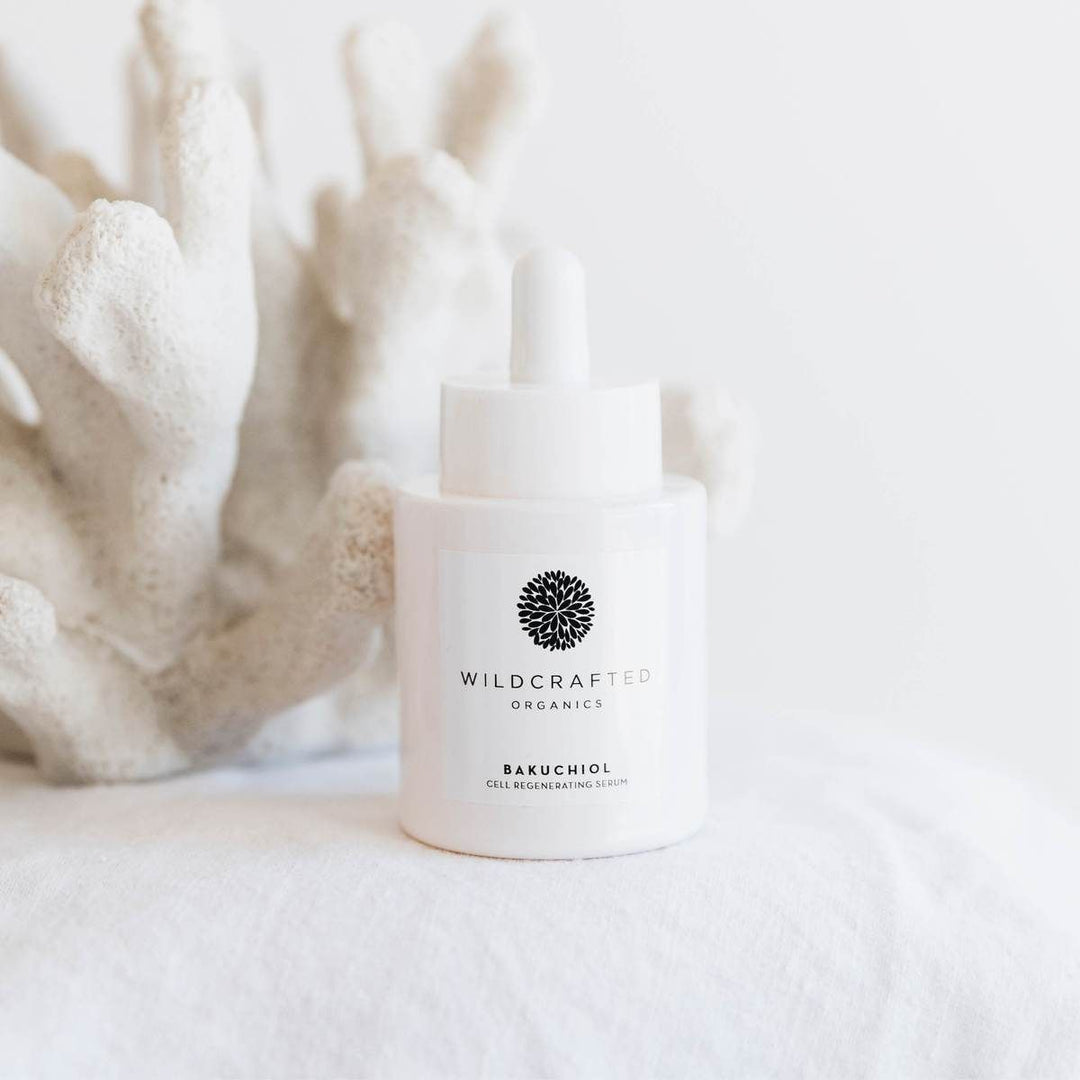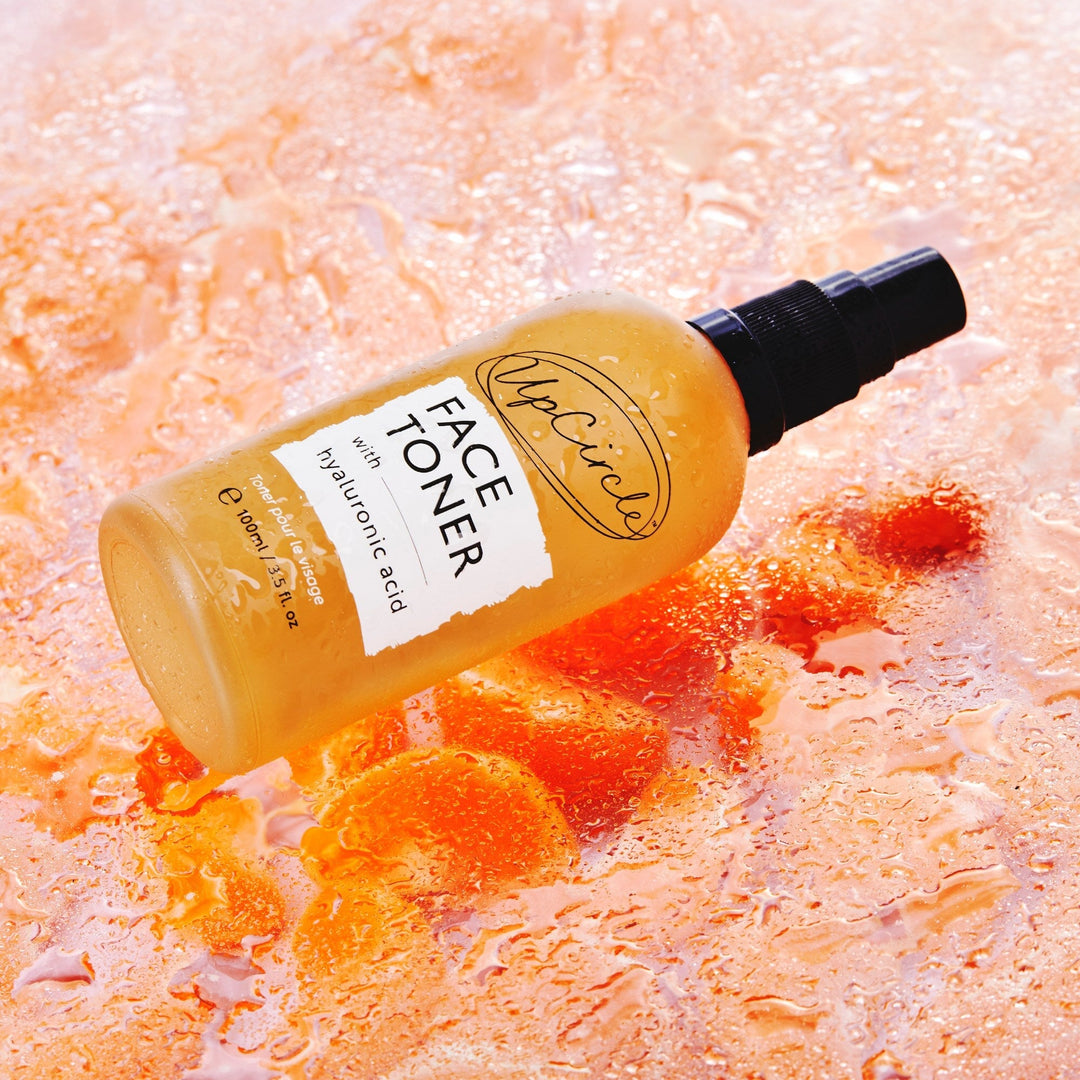Dear friends, the time has come. The next joint blog post with our guest author Minja is here. To all new readers, whom we warmly welcome, Minja is just over 30 and lives in Berlin. She is a pharmacist and, after completing her pharmacy studies, specialized in skin care and cosmetics during a two-year apprenticeship. Minja works as a pharmacist in Berlin. She maintains her own blog, where she shares the knowledge she has acquired over the years with her readers.
"When we nourish and care for our bodies healthily and also ensure inner balance, we feel good in our skin and can freely develop our full potential!" Minja supports you with her knowledge of your skin!
This time, we have decided to focus on the topic of "oily and impure skin." Especially in the world of natural cosmetics for impure and oily skin, there are numerous effective products and care routines that can help sustainably improve the skin's appearance. This topic seems to be of great interest to many of you, and I am also very happy to hear about one of them.
Oily and impure skin
Oily skin typically has larger pores, a greasy surface, and is often shiny. It's typically characterized by excessive sebum production, which often leads to blemishes. For those who don't like this, here's some hope: with a customized skincare routine and appropriate nutrition, clear, shine-free skin can be achieved.
However, it should also be noted here that the sebum secreted by the skin glands is very important for our skin. It protects the skin from drying out, keeps it elastic, and protects it from negative environmental influences. Oily skin is therefore very protective.
However, if the sebaceous glands secrete too much oil, the skin's surface becomes greasy and shiny, which bothers many sufferers. Excess sebum is particularly prevalent in the T-zone (forehead, nose, chin), as there is a higher number of sebaceous glands there. If, in addition to excessive sebum production, proliferation (growth and reproduction) and reduced exfoliation of keratinocytes (horn-forming cells in the epidermis) occur, the sebaceous duct can become blocked. If the sebum can no longer drain properly, blackheads or pimples develop. Unfortunately, this then creates an ideal environment for the growth and reproduction of other skin-related bacteria, which can lead to more or less severe inflammatory processes.
The goal of cleansing and caring for oily skin should therefore be to restore balance. Please note that this definitely does not mean that you should remove all visible skin oil with cleansing. What many people don't realize is that it's important not to strip the skin of excess oil. Otherwise, the skin would react defensively, i.e., by increasing its sebum production to compensate for the resulting lack of oil! As with many things in life, the right balance is crucial.
Cleaning & Care
Although it may seem a bit surprising at first, we shouldn't wash oily skin too often and should definitely avoid harsh cleansers. Cleanse your skin twice a day, using lukewarm water only, not too hot. Facial cleansing gel, foam (please be careful here, too, as cleansing foam often contains relatively aggressive surfactants, i.e., cleansing agents), or even balms with mild surfactants are excellent ways to cleanse oily skin.

In general, oily skin should be cared for with products that have a lower fat content, i.e., light emulsions or gels, rather than rich creams. It's very important to note that the individual condition of the skin is very important when caring for oily skin, and the appropriate care should be tailored to each individual. This can be achieved through professional advice, a doctor if in doubt, or through careful and thoughtful personal training and careful testing of products suitable for this skin type.
For example, if oily skin is dehydrated, it's necessary to increase its moisture levels. Dehydrated, oily skin especially needs humectants, i.e., substances that help the skin retain water. Examples include hyaluronic acid, urea, glycerin, amino acids, peptides, or AHAs.
If your skin is blemished and affected by blackheads or even acne, substances like BHAs , AHAs , and azelaic acid can help. BHAs, such as salicylic acid, work on the upper layers of the skin, gently removing dead skin cells, unclogging pores, and soothing the skin. AHAs, such as glycolic acid, gently remove dead skin cells. Azelaic acid has anti-inflammatory and antibacterial properties.
Substances such as benzoyl peroxide and azelaic acid are also very useful for impure skin because they can help reduce the number of bacteria in inflammatory processes.

Other substances that can help restore balance to oily and blemished skin include zinc (anti-inflammatory properties), niacinamide (regulates sebum production), and witch hazel extract (anti-inflammatory and antibacterial properties). Ingredients such as clay, aloe vera, black cumin oil (Nigella sativa), and cajeput oil are also known for their anti-inflammatory and/or cleansing effects. Gentle care masks containing clay or healing clay are beneficial for oily skin with excessive sebum production, as they have an intensive cleansing, antibacterial, and moisturizing effect, helping the skin regain its balance. The image above shows different clays in dry and moisturized forms.
However, substances known for their comedogenicity, or their ability to cause acne and pimples in people with a tendency to do so, should be avoided. These include cocoa butter, mineral oils, isopropyl myristate, and certain vegetable oils such as coconut and palm oil.
Benefits of oily skin:
There's good news for anyone suffering from oily skin, as it also has advantages over normal skin: It ages more slowly. Furthermore, it's often more resistant to the negative effects of environmental influences.
Additional drug therapy for acne
In cases of severe talc hyperproduction, unfortunately, effective reduction of sebum production cannot be achieved with cosmetic products. Retinoids or hormone therapy can be helpful in this case and are used in the treatment of acne. Topical antibiotics and retinoids (adapalene) are also a possible form of treatment for inflammatory processes on the skin. In this case, it is strongly recommended to consult a specialist who can provide supportive treatment.
Here you will find an excerpt of natural cosmetics Products for impure and oily skin that are specifically suitable for oily or blemish-prone skin.


This article was written by our guest author Minja. Minja studied pharmacy and then specialized in skincare for two years. She works as a pharmacist and continues to devote her free time to her passion: skin and skincare. Minja runs her own blog and Instagram account, both under the title "The Soul of Skin."
